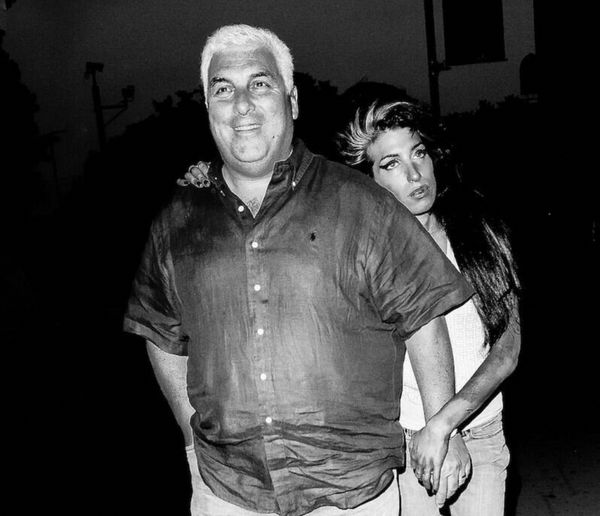
Amy Winehouse, the talented British soul singer, touched the hearts of millions with her soulful, jazzy, and pop-infused music. Songs like “Rehab” resonated with fans worldwide. Unfortunately, behind the scenes, Amy battled with substance abuse.
Sadly, her addiction led to her tragic and untimely demise due to alcohol poisoning at the tender age of 27. In this article, we will delve into the heartbreaking story of Amy Winehouse and the factors that contributed to her premature loss.

Born on September 14, 1983, in London, Amy Winehouse displayed an early aptitude for music. Raised in a loving middle-class family that nurtured her aspirations, Amy dreamed of becoming a beloved musician.
She began writing songs at the age of 14 and even formed a hip-hop group with her friends. At just 19 years old, she signed her first record deal and released her debut album, “Frank,” which received critical acclaim. However, her rise to fame was accompanied by personal struggles.

As Amy Winehouse’s star soared, her addiction to drugs and alcohol also intensified. Her relationship with Blake Fielder-Civil only worsened her substance abuse issues.
Winehouse’s once bright star was overshadowed by public arrests, drug possession, and assault charges. The media closely scrutinized her every move, documenting her emotional and physical turmoil.
Despite the success of her album “Back to Black” and winning five out of six Grammy nominations, Amy Winehouse’s life continued to unravel. Her legal problems prevented her from attending the Grammy Awards in person.
Her father revealed that she had emphysema, a consequence of her crack cocaine abuse, highlighting the severity of her addictions. Winehouse battled alcoholism, drug addiction, and even developed an eating disorder. Her performances suffered as she canceled shows and struggled to perform due to her intoxication.

In her final months, Amy’s life rapidly deteriorated. A disastrous performance in Belgrade, Serbia, marked the beginning of the end. She faced alcohol withdrawal and anxiety, but her lack of commitment to sobriety hindered her efforts.
Amy Winehouse’s last call to her doctor confirmed she did not want to die, but her addiction proved too powerful. On July 23, 2011, she was discovered lifeless in her bed, a victim of alcohol poisoning. Her blood-alcohol level was more than five times the legal limit for driving.

Following Amy’s passing, people sought answers and someone to blame. Her father, Mitch Winehouse, faced criticism for not doing enough to support her. Her ex-husband, Blake Fielder-Civil, was also held accountable for introducing her to drugs.

The media, which often sensationalized her struggles, faced reevaluation as well. However, in the end, Amy Winehouse’s tragic fate was the result of a combination of factors.
Amy Winehouse’s legacy endures through her music and serves as a poignant reminder of the devastating consequences of addiction. While her personal demons may have triumphed over her, it is vital to remember that she was not merely a troubled star, but a human being.
Let us celebrate her exceptional talent, while also acknowledging the significance of compassion and support when faced with the perils of addiction.






